Ingredient List & Scientific Research
All of the ingredients in the new and improved Helioburn have scientific studies supporting their effectiveness; these studies have been conducted by some of the most respected medical universities and laboratories in the world by expert scholars, chemists, scientists and medical professionals.
1. Caffeine
Helioburn contains an ultra pure and potent form of caffeine. Caffeine is a zero-carb, zero-sugar and zero-calorie stimulant that has been shown to increase resting metabolic rate1 and reduce body weight.2 Caffeine is the world’s most widely used stimulant, and it’s used to reduce fatigue, enhance performance and prevent drowsiness, in addition to supporting weight loss.3
2. Phenethylamine HCl (PEA)
Phenethylamine HCl (PEA) also known as phenylethylamine, beta-phenylethylamine (beta-PEA) and 2-Phenylethan-1-amine is an organic compound and monoamine alkaloid. It belongs to a class of chemicals that are well known for their psychoactive and stimulant effects.4 Academics describe PEA as the body’s natural amphetamine: elevated levels of PEA create the sensation of euphoria or feeling of being intensely in love.5 Further research has shown PEA to be an effective mood and energy booster.6
3. Glucomannan
Glucomannan, derived from Asian konjac root, is highly regarded as one of the best natural fat blockers because its high fiber content has been shown in studies to decrease the amount of digestible fat consumed.7 Randomized placebo-controlled studies have shown that glucomannan can induce “significant” weight loss.8
Glucomannan promotes a larger, bulkier stool that passes through the colon more easily and requires less pressure—and subsequently less straining—to expel.9
Other studies have demonstrated that supplementing the diet with glucomannan significantly lowers cholesterol, improves carbohydrate metabolism, bowel function and colon health.10
Glucomannan contains a high concentration of prebiotic fiber. Prebiotics nourish the body’s probiotcs which can promote improved digestive health, detoxification, energy and weight loss.11
Glucomman can also improve heart health! Studies have linked glucomannan to decreased cardiovascular disease and lower blood pressure.12 13
4. Fursultiamine
Fursultiamine also known as thiamine tetrahydrofurfuryl disulfide is a more potent and active form of vitamin B1 (thiamine).14 Vitamin B1 plays an important role in the metabolism of carbohydrates, fats and protein; low levels of B1 can cause fatigue and depression.15
Studies have shown that by helping to prevent or lessen the symptoms of thiamine deficiency, fursultiamine can increase endurance.16
5. L-Tyrosine
L-tyrosine is a stimulatory amino acid that is used to produce noradrenaline and dopamine. Studies have found that tyrosine supplementation can improve mental function including increasing memory and decreasing stress.17 18 Even in high stress situations tyrosine has been shown to be an effective mood and brain booster.19 By helping to manage and reduce stress tyrosine may reduce cardiac issues. In fact, studies have indicated that tyrosine can lower blood pressure.20 Analysis has also shown that stress can cause overeating.21 Tyrosine can help manage weight by keeping stress levels down.
6. Green Tea
Helioburn is a source of highly potent green tea standardized to a minimum of 50% epigallocatechin gallate (EGCG) and 98% polyphenols. EGCG is a type of catechin that has been shown to decrease body fat and lower cardiovascular risks in humans.22 Numerous studies have linked green tea consumption to increased fat burning (fat oxidation) and accelerated metabolism (energy expenditure).23 24 25 Research has also shown that green tea increases metabolism around the clock, even while the body is at rest.26
7. Raspberry Ketones
Ketones derived from raspberries increase lypolysis27 (the breakdown of fat) and make fat cells release the hormone adiponectin. Adiponectin influences metabolism. Research shows that slender people have much higher levels of adiponectin and weight loss is linked to higher levels of adiponectin.28. 29
8. Yohimbe Bark
Yohimbe, also called yohimbine, is an indole alkaloid derived from the bark of the Pausinystalia johimbe tree. Scientific research has shown that yohimbe can “significantly” reduce body fat.30 Studies have also shown that yohimbe can improve brain function and focus.31
9. Kola Nut
Helioburn contains premium kola nut which is a fruit derived from the kola tree that is native to the tropical rainforests of Africa. Kola nut is a natural source of theobromine and caffeine; both chemicals have been reported to improve mood and alertness32 and caffeine is well established as a weight loss stimulant.33 34 35 Theobromine may help people with cardiac issues as it has been shown to decrease blood pressure.36
10. L-Carnitine
Carnitine, a derivative of the amino acid, lysine, plays a vital role in the production of energy and metabolism of fat in the human body.37 38 Research has indicated that carnitine supplementation can boost fat burning and increase exercise performance.39 40 Numerous studies have linked dietary carnitine and a decrease in body mass index and significant weight loss.41 Research published by the International Journal of Sports Medicine attributed improved recovery after exercise and reduced fatigue to oral carnitine supplementation.42 Carnitine can also help the heart according to research; in one study, participants using carnitine lowered systolic blood pressure, an important indicator of heart disease risk, by almost 10 points.43
References:
1. Belza, A., S. Toubro, and A. Astrup. “The Effect of Caffeine, Green Tea and Tyrosine on Thermogenesis and Energy Intake.” European Journal of Clinical Nutrition 63.1 (2007): 57-64. Web.
2. Boozer, et al. The American Journal of Clinical Nutrition. “Coffee, Diabetes, and Weight Control.” N.p., n.d. Web. 09 Apr. 2015.
3. https://en.wikipedia.org/wiki/Caffeine
4. Glen R. Hanson; Peter J. Venturelli; Annette E. Fleckenstein (3 November 2005). “Drugs and Society” (Ninth Edition). Jones and Bartlett Publishers. ISBN 978-0-7637-3732-0. Retrieved 19 April 2016.
5. time.com/time/magazine/article/0,9171,161030,00.html
6. www.ncbi.nlm.nih.gov/pubmed/7711493
7. www.ncbi.nlm.nih.gov/pubmed/9109608
8. www.ncbi.nlm.nih.gov/pubmed/15614200
9. University of Maryland
10. sciencedirect.com/science/article/pii/S0378874110000383
11. https://www.ncbi.nlm.nih.gov/pubmed/15614200
12. Arvill A, Bodin L (March 1995). “Effect of short-term ingestion of konjac glucomannan on serum cholesterol in healthy men.” Am. Journal Clin. Nutrition 61 (3): 585–9. PMID 7872224.
13. https://www.ncbi.nlm.nih.gov/pubmed/23609775
14. https://www.ncbi.nlm.nih.gov/pubmed/15328496
15. University of Maryland
16. https://www.ncbi.nlm.nih.gov/pubmed/8815395
17. https://www.ncbi.nlm.nih.gov/pubmed/10230711
18. https://www.ncbi.nlm.nih.gov/pubmed/7794222
19. https://www.ncbi.nlm.nih.gov/pubmed/2736402
20. https://www.ncbi.nlm.nih.gov/pubmed/10230711
21. http://www.health.harvard.edu/newsletter_article/why-stress-causes-people-to-overeat
22. https://www.ncbi.nlm.nih.gov/pubmed/17557985
23. https://www.ncbi.nlm.nih.gov/pubmed/18326618
24. Journal of Health Science
25. https://www.ncbi.nlm.nih.gov/pubmed/16076989
26. https://www.ncbi.nlm.nih.gov/pubmed/10584049
27. https://www.ncbi.nlm.nih.gov/pubmed/20425690
28. https://www.ncbi.nlm.nih.gov/pubmed/12611609
29. https://www.ncbi.nlm.nih.gov/pubmed/18378021
30. “Yohimbine: The Effects on Body Composition and Exercise Performance in Soccer Players.” National Center for Biotechnology Information. U.S. National Library of Medicine, n.d. Web. 07 Apr. 2015. http://www.ncbi.nlm.nih.gov/pubmed/17214405
31. “Noradrenergic Stimulation Enhances Human Action Monitoring.” Noradrenergic Stimulation Enhances Human Action Monitoring. Society for Neuroscience, n.d. Web. 07 Apr. 2015. http://www.jneurosci.org/content/25/17/4370.full
32. https://www.ncbi.nlm.nih.gov/pmc/articles/PMC4335269
33. Belza, A., S. Toubro, and A. Astrup. “The Effect of Caffeine, Green Tea and Tyrosine on Thermogenesis and Energy Intake.” European Journal of Clinical Nutrition 63.1 (2007): 57-64. Web.
34. Boozer, et al. The American Journal of Clinical Nutrition. “Coffee, Diabetes, and Weight Control.” N.p., n.d. Web. 09 Apr. 2015.
35. https://en.wikipedia.org/wiki/Caffeine
36. https://www.ncbi.nlm.nih.gov/pubmed/16087999
37. https://www.ncbi.nlm.nih.gov/pmc/articles/PMC2861661
38. https://www.ncbi.nlm.nih.gov/pubmed/18646596
39. https://www.ncbi.nlm.nih.gov/pmc/articles/PMC3099008
40. https://www.ncbi.nlm.nih.gov/pubmed/21224234

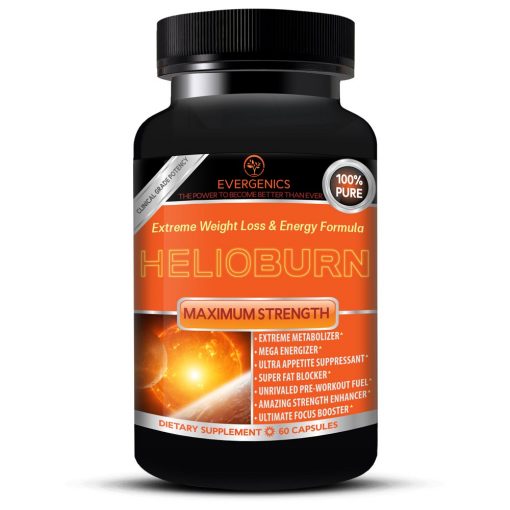
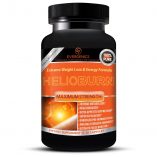
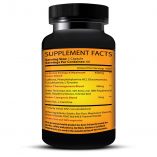
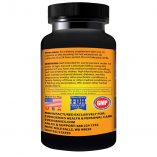
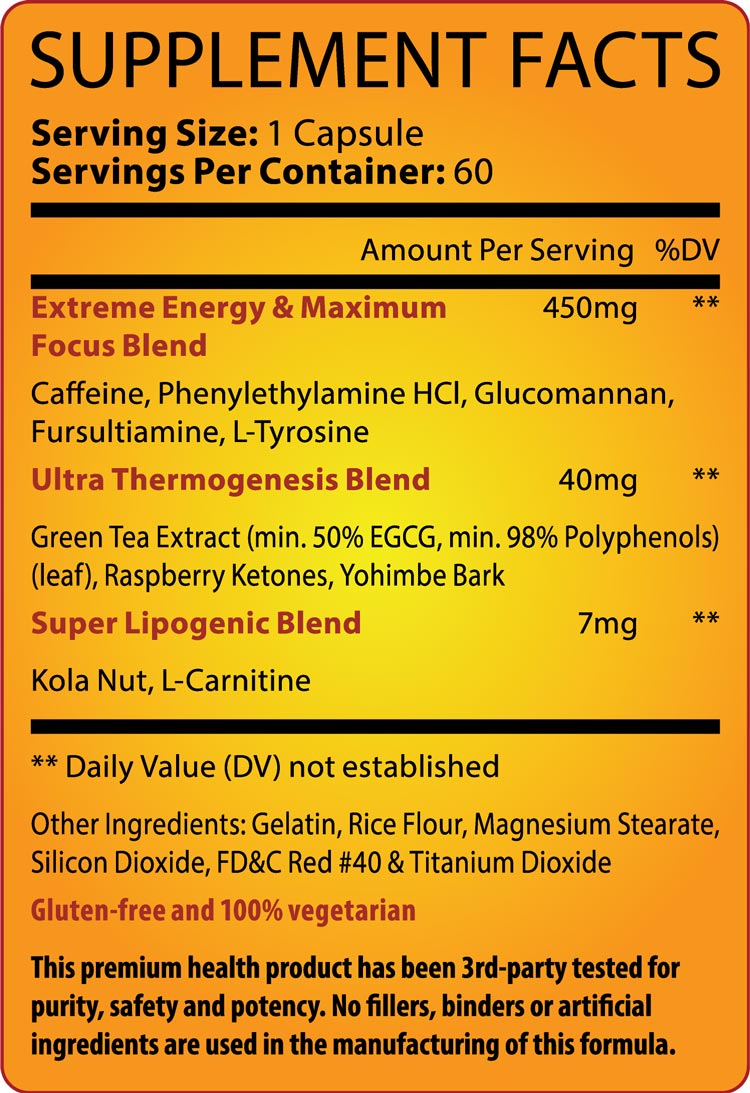
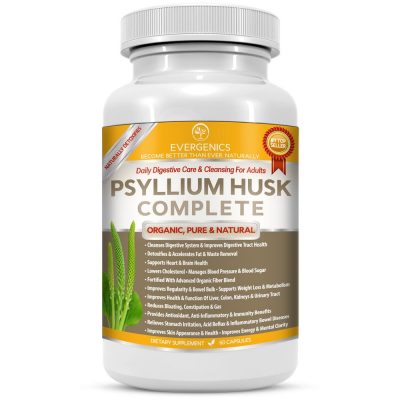
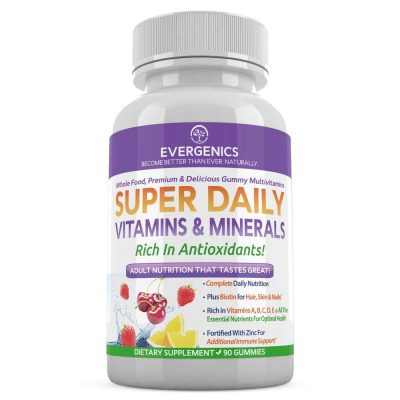
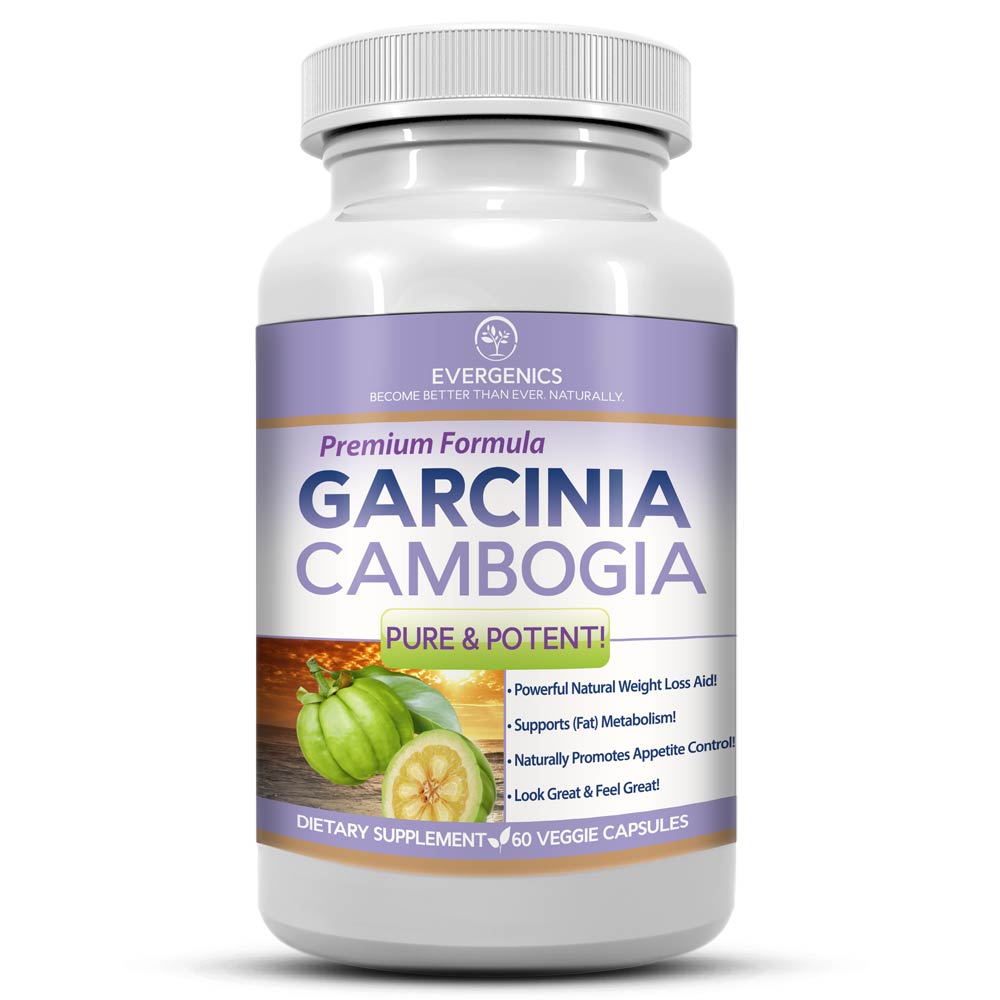
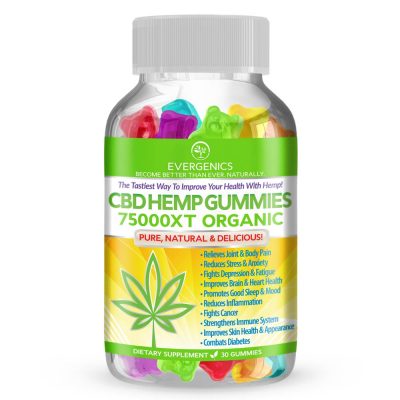
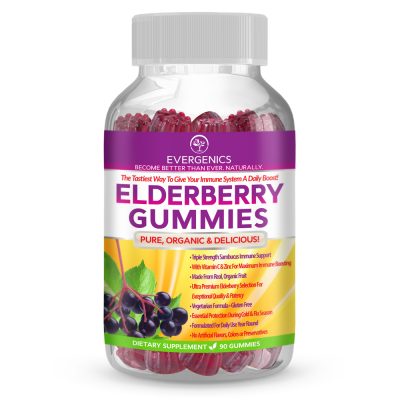
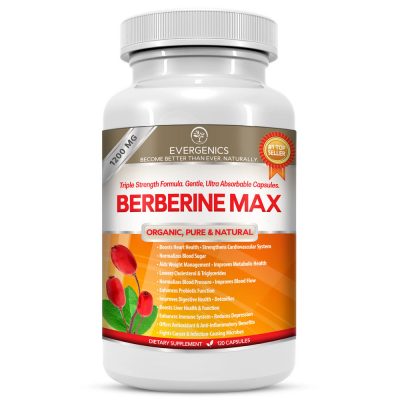
Reviews
There are no reviews yet.